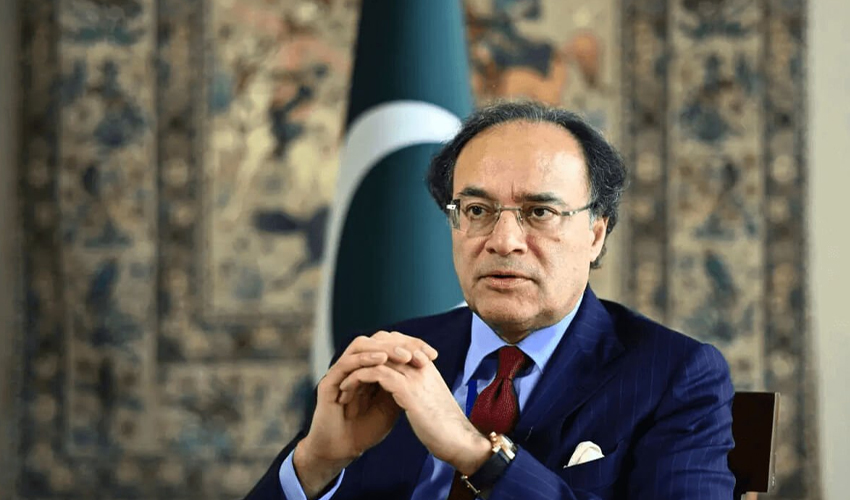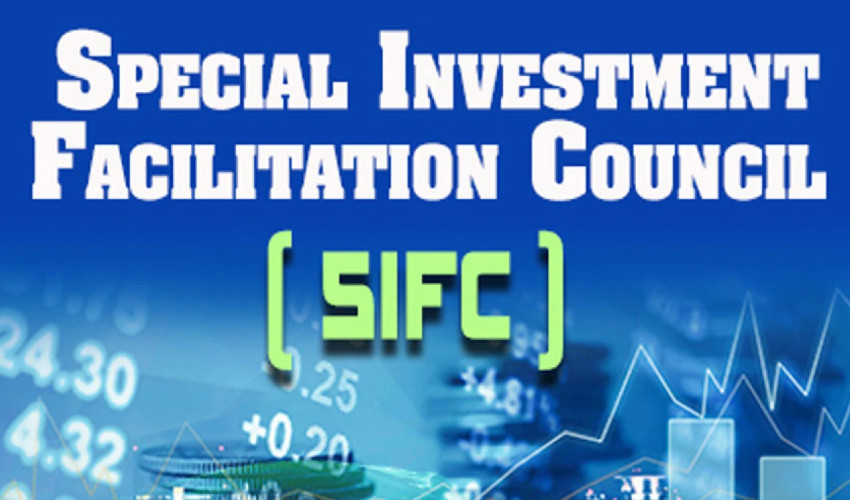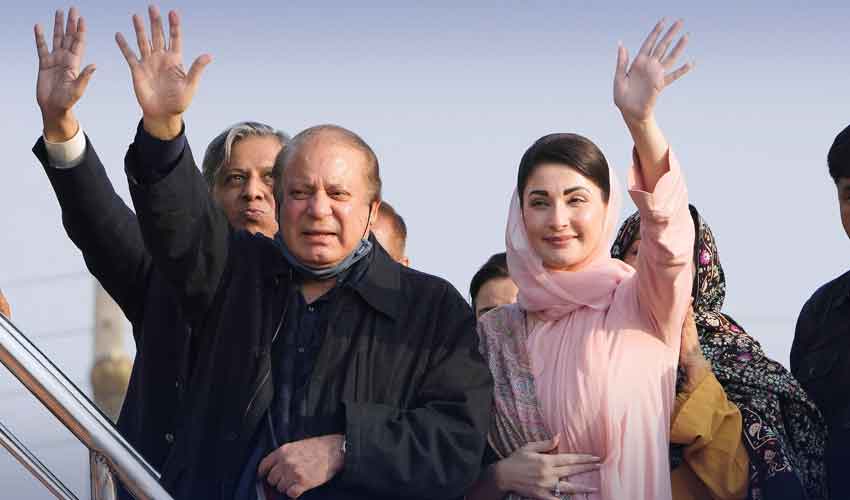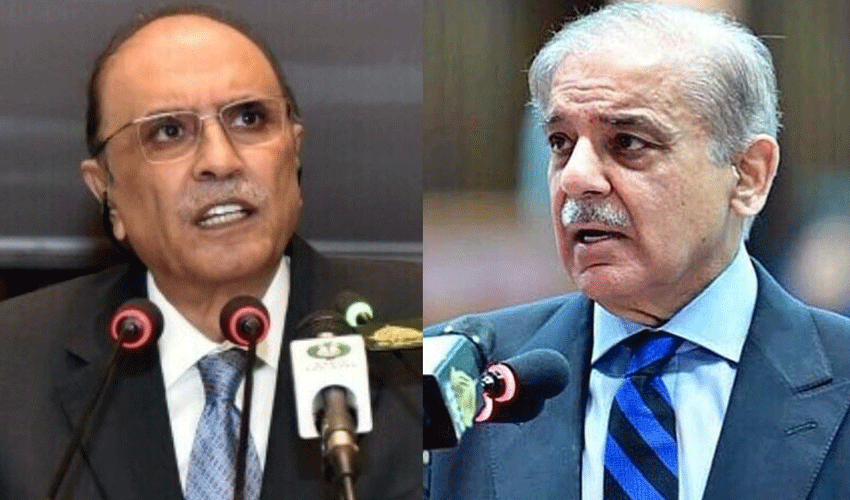Federal Finance Minister Muhammad Aurangzeb delivered a keynote address at a special function hosted by the Federation of Pakistan Chamber of Commerce and Industries, outlining significant economic reforms and taxation policies aimed at bolstering the country’s financial health.
During his speech, he reiterated his commitment to imposing taxes on traders at all cost, emphasizing the imperative of bolstering national revenues.
The minister underscored the closure of inefficient government departments as a crucial step towards reducing fiscal strain on the country’s exchequer. He expressed confidence that these measures would lead to significant savings and enhance financial discipline across ministries.
Addressing challenges related to tax evasion, Aurangzeb highlighted the need to reform the non-filers system effectively. He pointed out that despite the availability of data on 4.5 million non-filers, recovery efforts have faced obstacles, signaling a robust push towards stricter compliance measures.
Regarding Pakistan’s economic policy with the International Monetary Fund (IMF), he asserted that the current program would mark the final engagement with the global financial institution. He emphasized the government’s resolve to achieve economic autonomy and reduce dependency on external financial support.
Furthermore, the finance minister acknowledged the incoming flow of foreign investments, underscoring their pivotal role in stimulating economic growth and development. He reassured stakeholders of the government’s unwavering commitment to fiscal prudence and sustainable economic reforms, urging collective efforts towards achieving national prosperity.
The FinMin noted the robust growth in Pakistan’s foreign reserves, which have now surpassed $9 billion. This achievement underscores the country’s strengthened financial position and ability to navigate global economic challenges.
Highlighting macroeconomic stability as a priority, he reaffirmed the government’s commitment to sustainable economic policies that foster growth and stability. He underscored the role of prudent fiscal management in achieving these goals.
In terms of attracting foreign investment, Aurangzeb expressed confidence that the government would tailor its investment strategy to meet national economic needs effectively. He stressed the importance of foreign investment in driving economic expansion and creating employment opportunities across sectors.
Turning to fiscal reforms, he discussed plans to gradually increase tax rates, including proposals to raise the tax-to-GDP ratio to 13% over the next three years. He acknowledged public concerns but reiterated the necessity of enhancing revenue streams to support national development initiatives.
On the issue of non-filers, the FinMin acknowledged challenges in recovering taxes from approximately 4.5 million non-filers. He emphasized ongoing efforts to streamline tax administration and enhance compliance measures to ensure fairness and equity in tax collection.
Regarding governance reforms, he highlighted the ongoing digitization efforts within the Federal Board of Revenue (FBR), aimed at modernizing tax systems and improving efficiency in revenue collection.



























